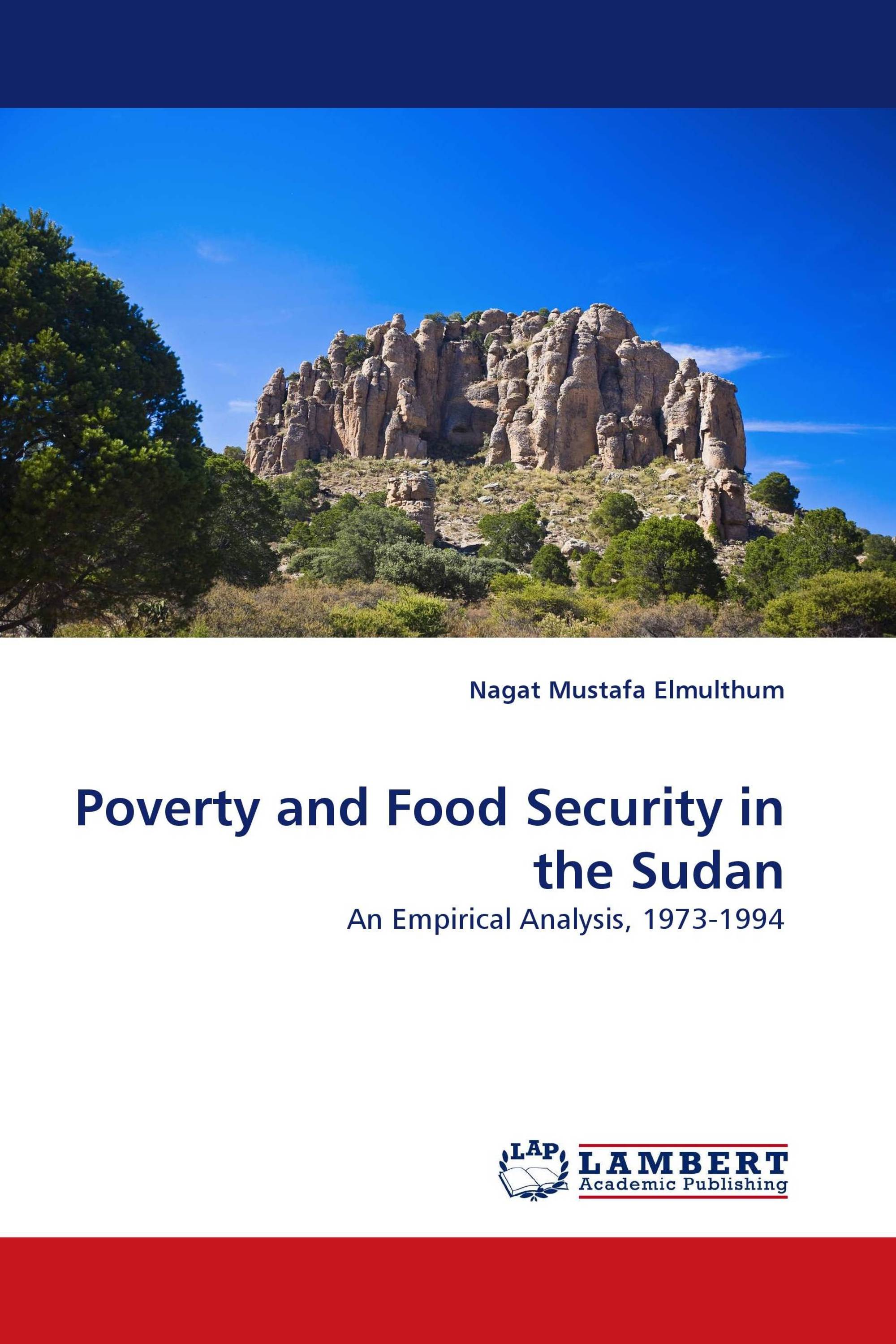This study empirically investigated food security in Sudan. To capture the central role that accessibility to food plays in food security, we have adopted a definition of food insecurity that operationalizes Sen's (1981) entitlement approach, namely that a country suffers from a food insecurity problem if poverty is increasing over time irrespective of what happens to food supply. Hence, Both the poverty gap and Sen's measures are consistent with the entitlement definition of food insecurity. Using Jorgenson's (1961) idea of viability we developed a procedure for estimating an income poverty line necessary for food and non-food consumption. Results obtained suggest that all measures of poverty have exhibited an upward trend over the period 1978–1993. However, the rate of increase in poverty is much more pronounced during the sub-period 1978-1986, which witnessed the adoption of the IMF policy package. The policy implications of these results suggest that increasing food output should go hand in hand with seeking ways and means of raising households real incomes. Policy options that aim at making the poor productive members of the society are recommended
Book Details: |
|
|
ISBN-13: |
978-3-8443-2682-6 |
|
ISBN-10: |
3844326820 |
|
EAN: |
9783844326826 |
|
Book language: |
English |
|
By (author) : |
Nagat Mustafa Elmulthum |
|
Number of pages: |
84 |
|
Published on: |
2011-04-06 |
|
Category: |
Social pedagogy, social work |
